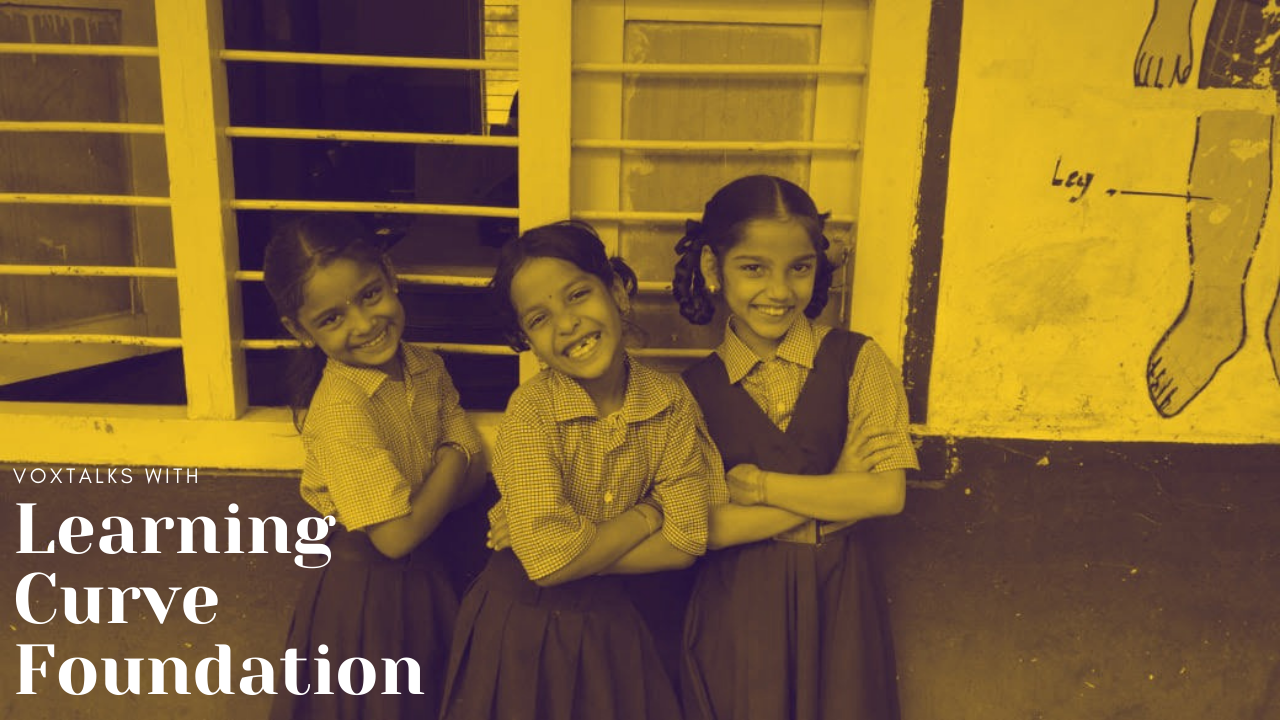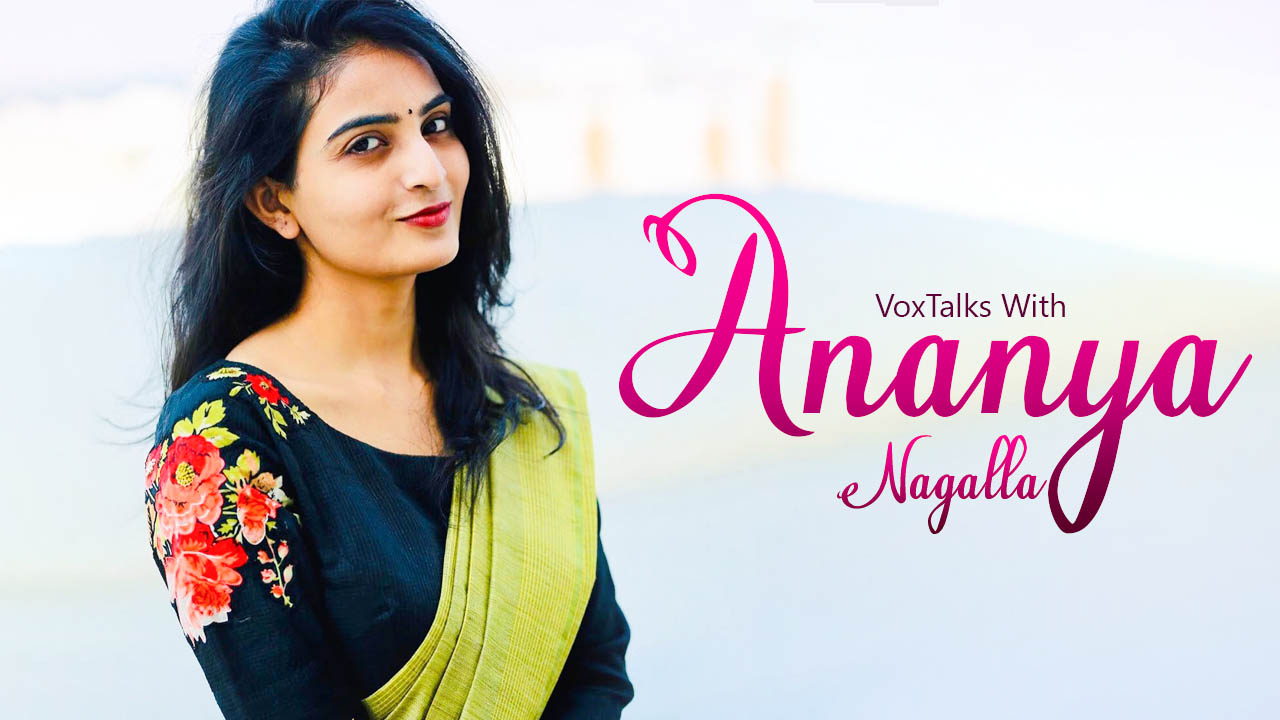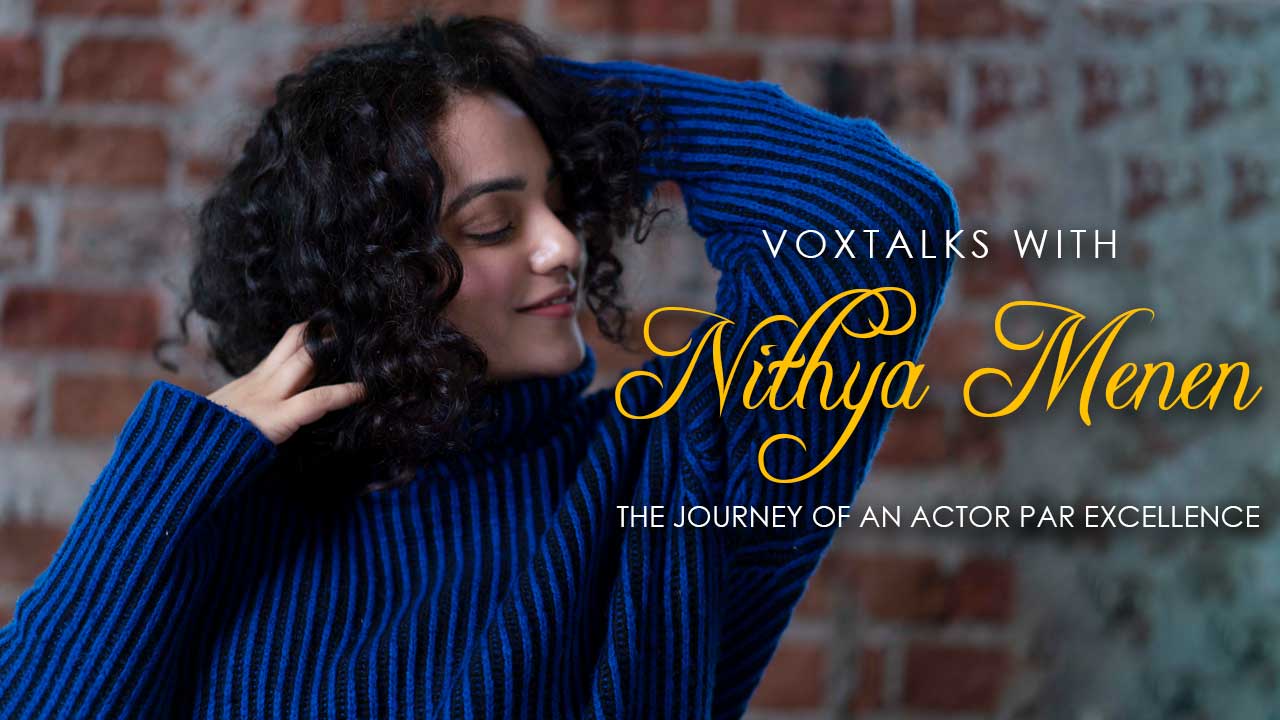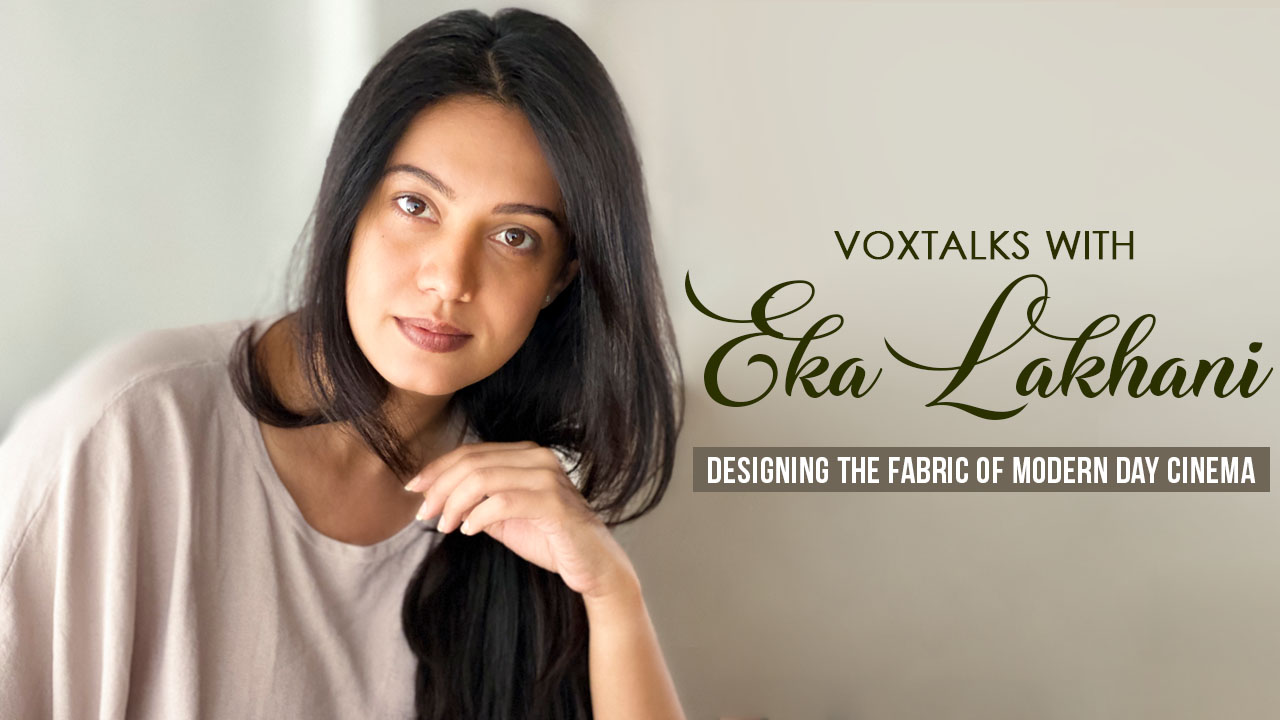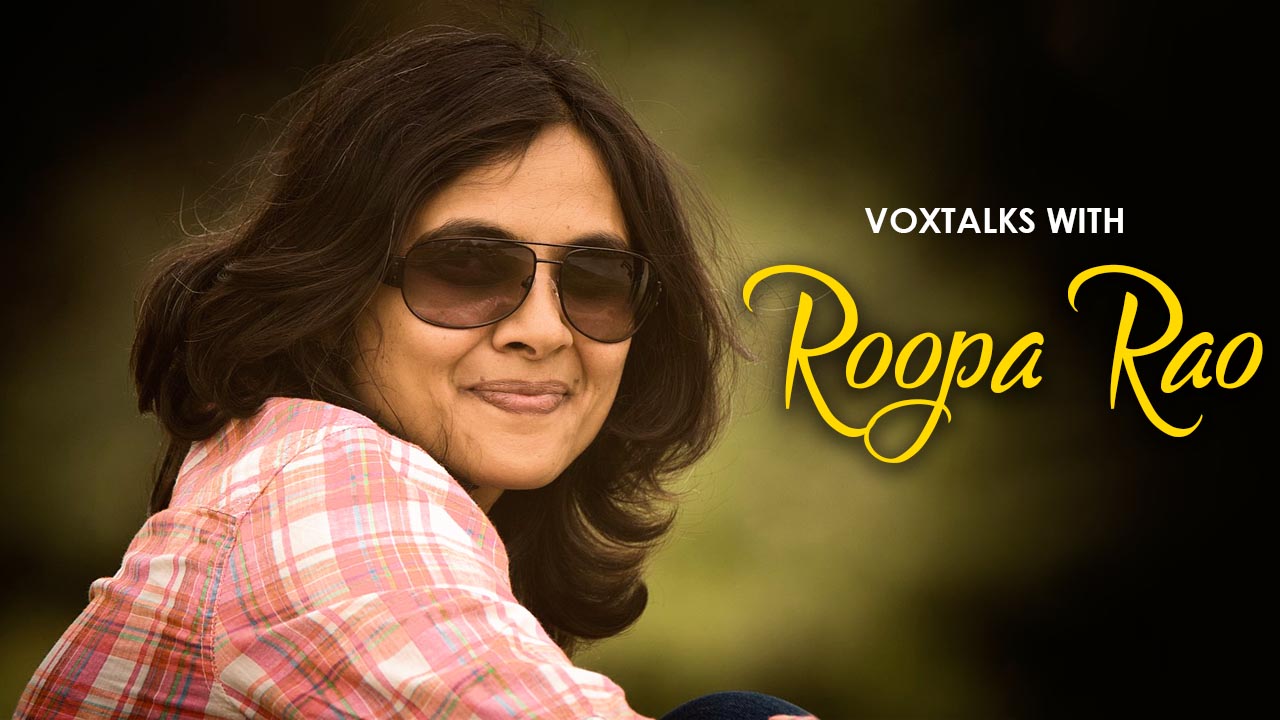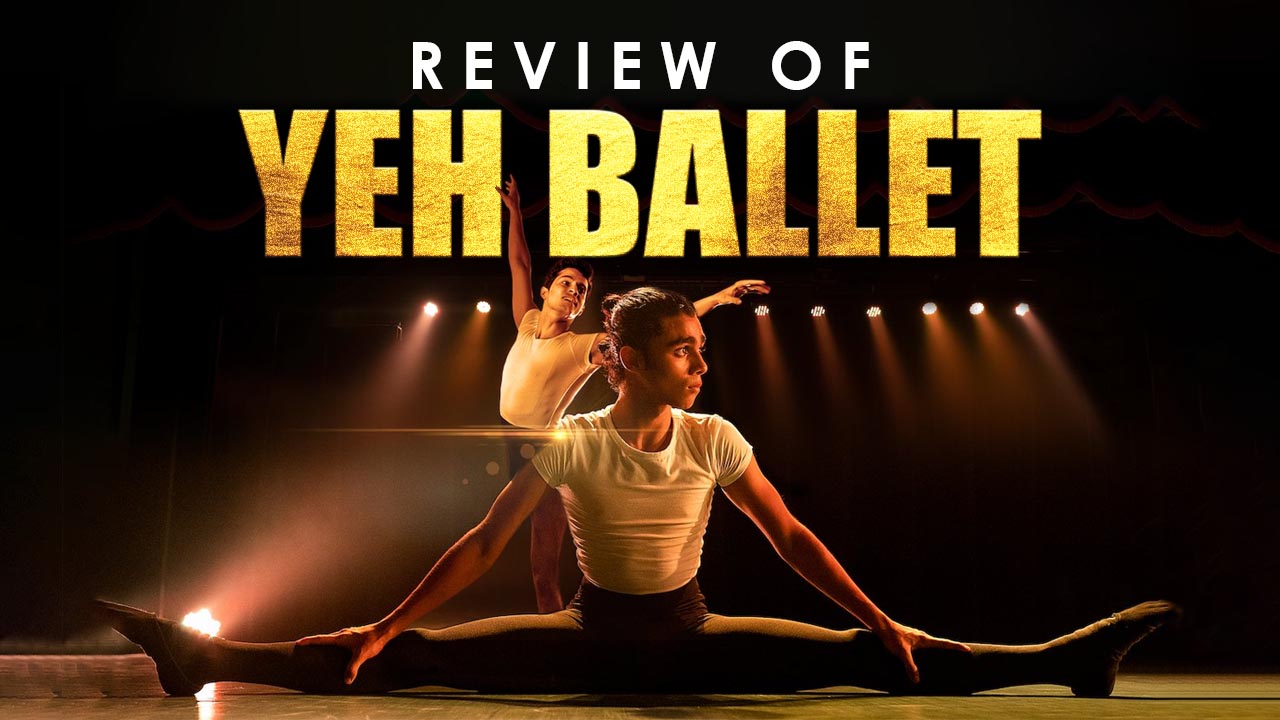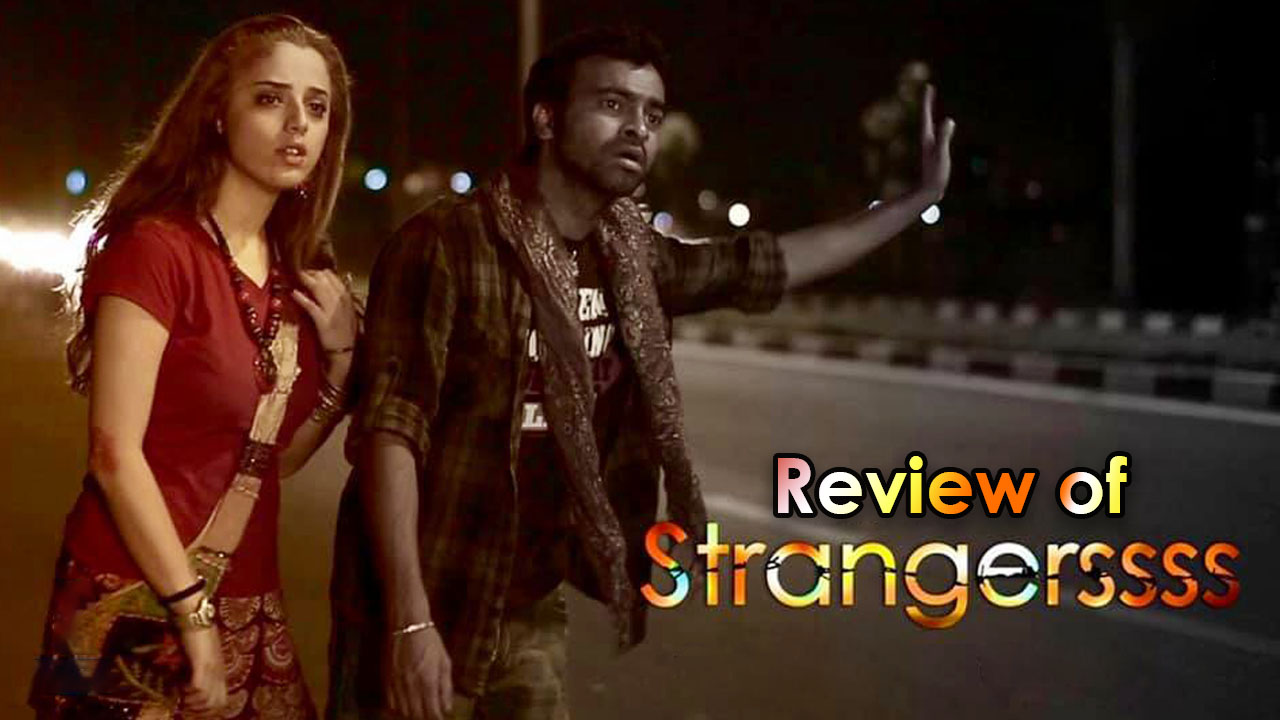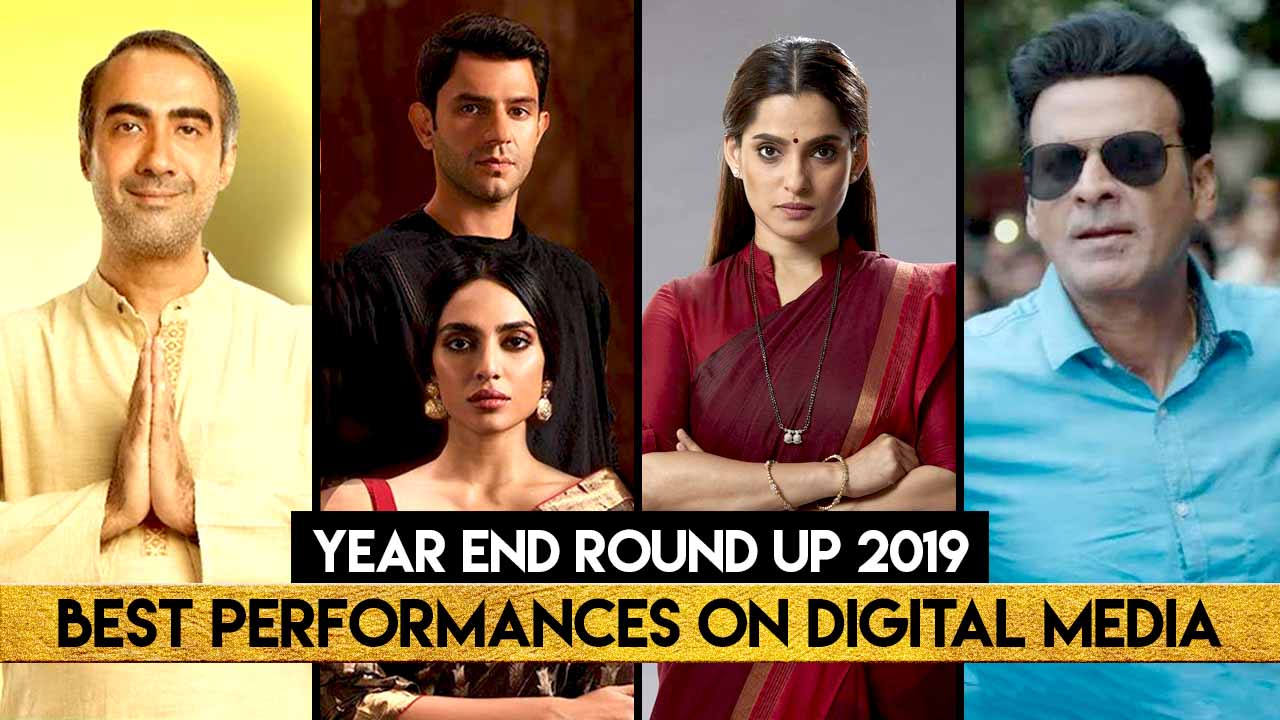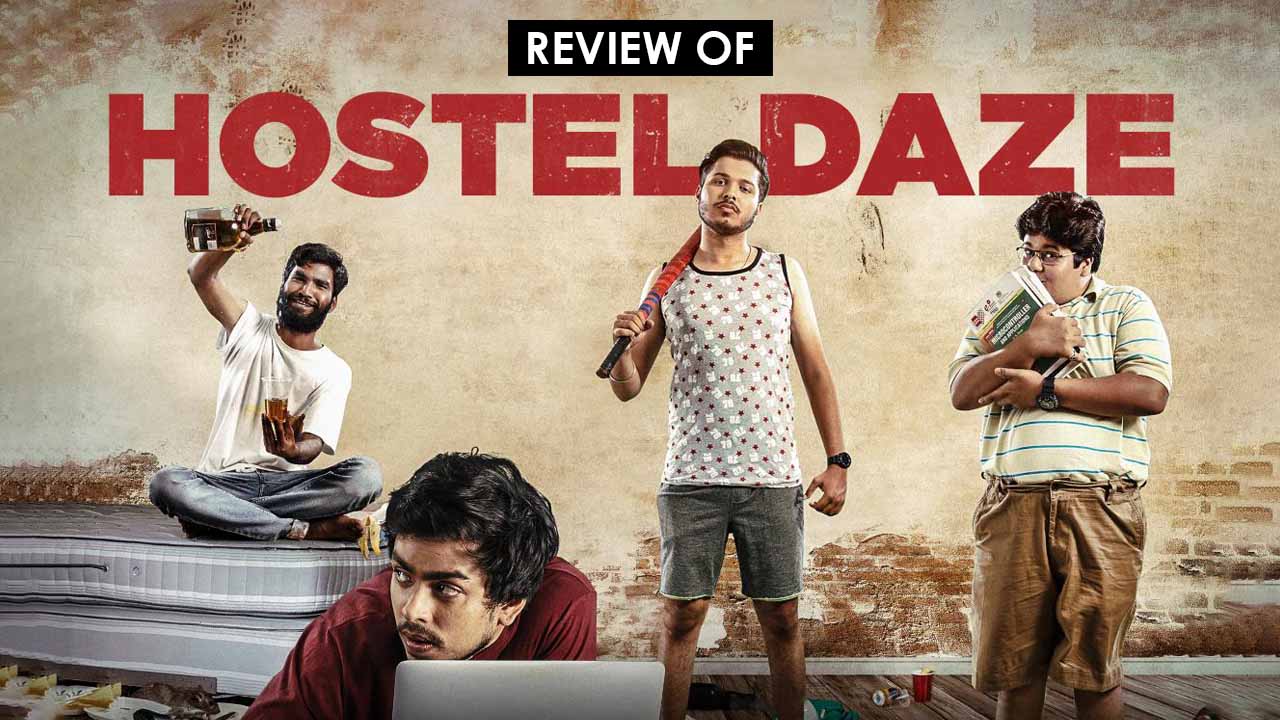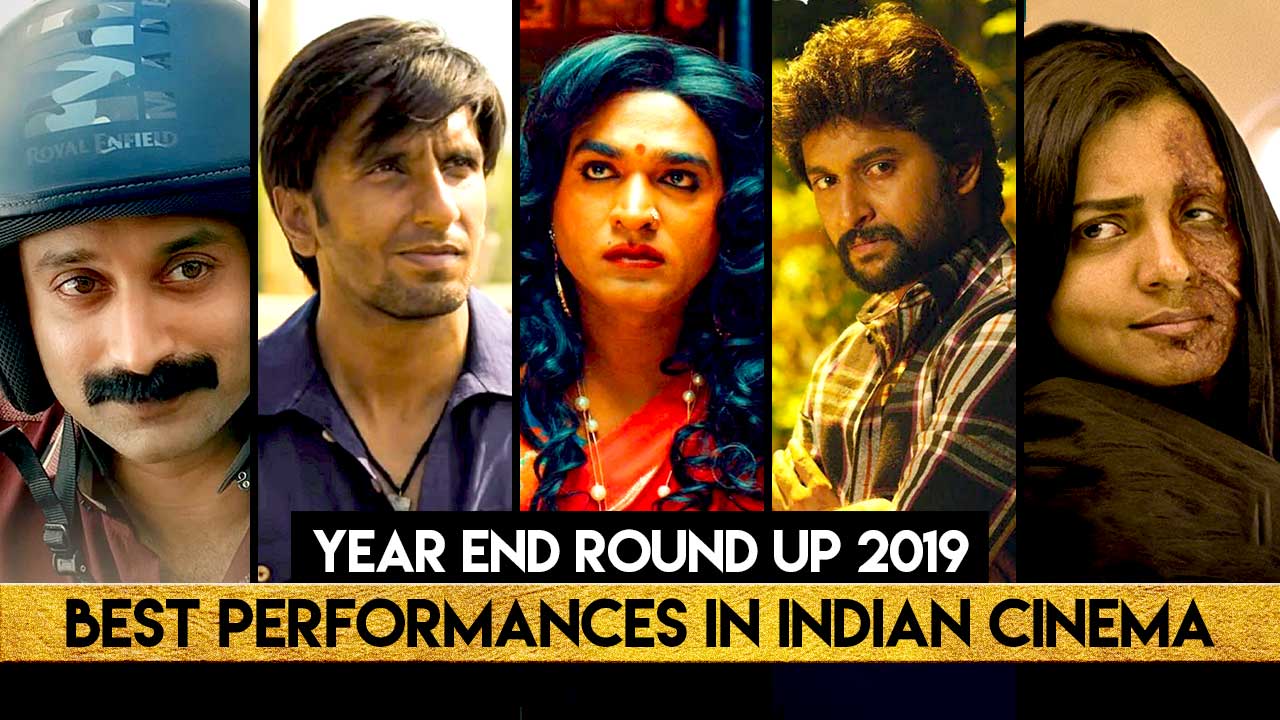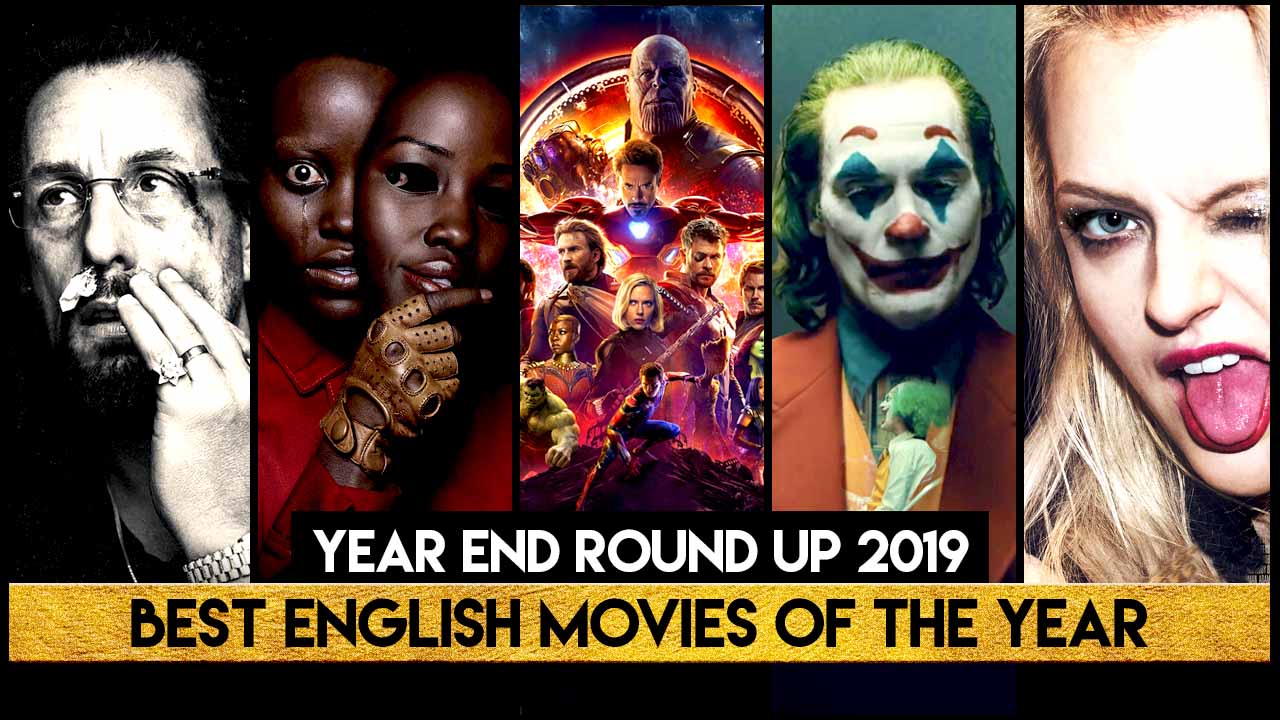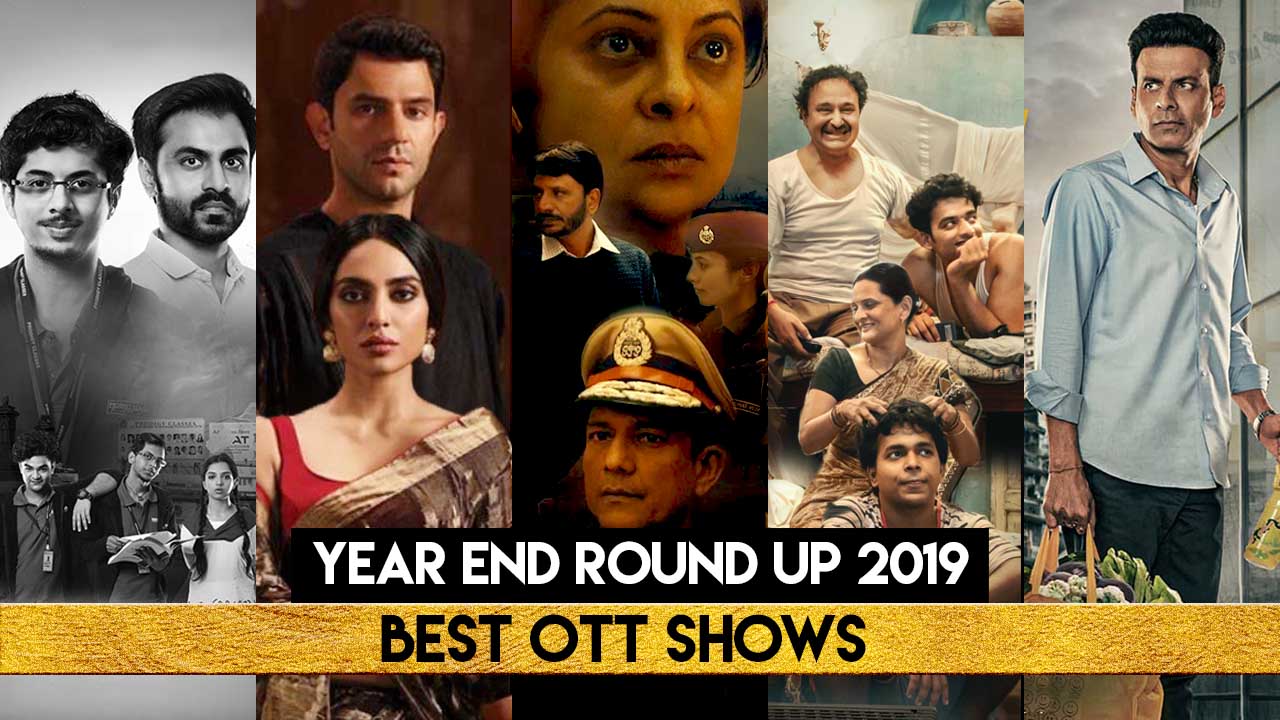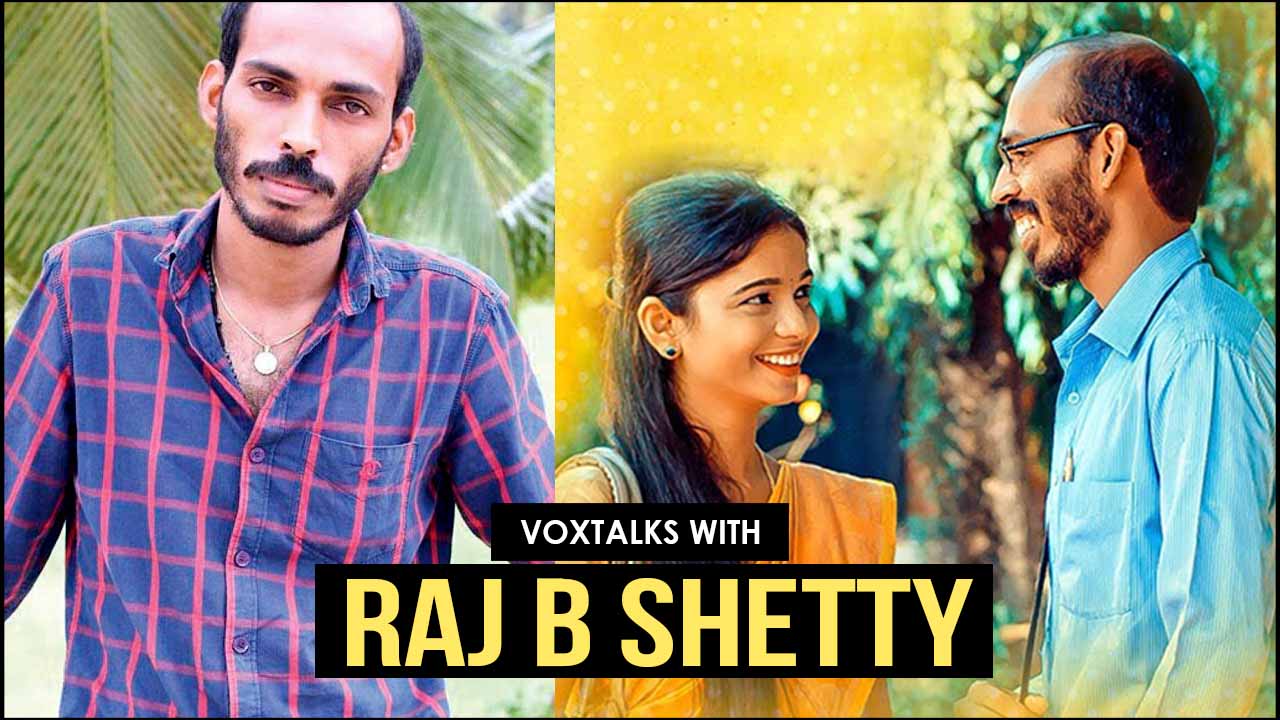
A Writer By Choice, An Actor By Chance.
Kannada Film Industry has been going through a serious transformation over the last decade. With filmmakers like Prashanth Neel (KGF), Pawan Kumar (U-Turn), Ram Reddy (Thithi), etc. coming on to the scene. There are a lot of new bold voices putting the industry on the national radar. One such pioneer of a filmmaker is our guest today, Raj B Shetty. He made his debut as a writer, director, and lead of the ultra low budget but an extremely funny film called Ondu Motteya Katha. The quirky and relatable film follows the story of a prideful Kannada lecturer who is balding and not conventionally good looking. But, his only wish is to marry someone soon. The film brilliantly deals with societal stigmas and taboos in a very authentic and heartfelt way. The film is now being remade in multiple languages including Hindi. Over the last couple of years, he has mostly concentrated on his acting career but is now choosing to get back into the director’s chair. We had the chance to pick his brain about his philosophy towards film making and his process. Here are a few excerpts from that conversation:
Where did the idea for Ondu Motteya Kathe come from and could you tell us a little about your journey with the film?
Actually, it happened quite accidentally. I was working on this a Tulu film for almost three years but it never saw the light of day. Nothing was really panning out the way I wanted to. I had previously made a couple of short films, so I thought I will make one more. Even for a short film, I would have to cast some people and would have to pay them. I did not have the budget for that. So, I thought I would write something in which I could cast myself and do it. That’s when I got the basic idea for this story. The idea was to write a story about an imperfect couple. Then it hit me that even physical imperfection is an imperfection. That finally led me to the premise of my movie, which is to see what would happen if a severely balding man falls in love with a hefty woman. That short film idea slowly led to a feature film. So, basically the main reason I came upon the idea was the lack of resources. HAHA.
Ondu Motteya Kathe seems very rooted in Mangalore, which is only amplified by the beautifully written dialogue and the authentic Mangalorean dialect. Could you talk a little about that?
I always wanted to write about the world that I knew. I grew up in and around these places and with these people. I know how people from there speak and how people from other regions perceive them. People presume that people from Mangalore are very soft and mild-mannered because there is rhythm in the way they speak. I have always wanted to capture that rhythm in the way I write and I feel like it elevated Janardhan’s character by a lot. It gave him a certain amount of authenticity.
Another thing is that this story works only in a smaller town. People like Janardhan have an opportunity to exist as themselves in a peaceful town like Mangalore. I can’t imagine him being able to deal with the overload of stimulus in a city like Bengalooru and still being sane. In a small town, the people are a little calmer and they can live their life in their own unique way, without facing too much judgment. There is a certain amount of individuality that you find there, which you can’t find in a metropolitan city. So, I needed Janardhan to stay in Mangalore.
I also love writers like Kuvempu, Karath, etc. who have mostly written in their own dialect and about where they come from. This culture is something that is lacking in cinema. In cinema, everybody speaks in a generic way that does not belong anywhere. That kind of sounds gross to me and lacks a certain amount subtlety that is needed to tell a human story like this. So, that made me stick to the dialect a lot more.
Similar to the dialogue, the music and visuals of the film really add to the authenticity of the whole piece. What was your brief to the music director and cinematographer to achieve that feel?
The cinematographer of the film, Praveen Shriyan, is from Udupi, which is very close to Mangalore. There wasn’t a need for a brief. He is more Mangalorean than I will ever be. I have grown-up all-over Karnataka, so my language keeps shifting from one accent to another. But Praveen speaks exclusively in that dialect or he would speak Tulu. So, that rhythm or feel you are talking about is inherent to him. Also, most of the technicians who worked on the film are from that part of Karnataka, except for Midhun Mukundan, the music director.
Midhun is from Kannur which is again a lot like Mangalore in the way it looks, feels and sounds. Adding to that, he had worked in Mangalore for five years. So, he understands the place and its sensibilities very well. This meant that he didn’t need a lot of briefing either. As a matter of fact, when I gave him an initial narration of the film, he confessed to me saying that he missed the place a lot.
Ever since the release of Ondu Motteya Kathe, I am assuming that you have been getting a lot of offers in terms of acting. What is your criteria for picking a film? What is that you look for?
Firstly, of the movies that I have done. Some have been loved by the audience some have been panned. But every choice I have made is to explore new avenues of cinema that I wasn’t familiar with. When I entered the industry, I did not know anything about it except for my knowledge of cinema. I was clearly an outsider and I did not know how the industry worked from the inside. So, I told myself that I will different kinds of movies at least for a year, just to get the lay of the land. So, I did a comedy like Gubbi Mele Brahmastra, a serious art-house movie like Ammachi Yemba Nenapu, a film like Mahira which is a thriller. I thought this would give me a clearer perspective on what I wanted to do with my career. But, after doing that for close to two years, I didn’t find the whole process as enriching as I would have hoped. I did not find the happiness and joy that felt while writing and directing my own movie. I am not discarding these films in any way; I love them all equally. I am just saying that I had a lot more joy making my film than being a part of someone else’s.
Since you are a director yourself. Does the director in you ever come out when you are acting someone else’s film?
No, absolutely not. I will literally do anything that is asked of me on set. I don’t go back to see playbacks or the rushes either. I only ask them one question, “What do you want me to do?”. To the best of my abilities, I do what is asked of me. I have never and will never interfere with a director’s work. There is a simple reason for that. I have been called here to add color to an artist’s idea/dream. He/she has a better understanding and clarity over the material. That is the reason they are making the movie; it is not your place to interfere with that process. If I had someone do that on my set, I would not be able to tolerate it. So, I would be a hypocrite if I did the same to another person.
Since you were the lead and director of your first film, Ondu Motteya Kathe. How did you know that you got the right performances while you were in front of the camera?
I was not as meticulous with my shooting at the time. I would just ask my DP if the focus was OK. If he said yes, I would just move on. I would go purely on instinct. If I was feeling the character and the moment felt organic to me, I would trust my instinct on it. Fun fact is that we did not even have enough time to put up the monitor and look for playback most of the time. HAHA. We had to keep moving from scene to scene at a very fast pace. We finished the film in 16 days actually. That forced me to go with my instinct. If it felt right, I would just move on.
When it comes to the other actors in the film, we had done a lot of rehearsals before we ever went to shoot. We had the opportunity to do the scenes over and over aging during the rehearsals, so we had the chemistry locked down. That made it easy when we went for the shoot because everyone knew exactly what to do.
Would you be interested in getting back into writing and directing in the near future? If so, could you tell us a little about that project?
Yes, for sure. Writing and directing is my favorite part of filmmaking. I came to film making to tell stories. Acting was never my priority. It happened because of necessity. Actually, I recently wrote dialogues for a film that I am really proud of called, Sarkari. Hi. Pra. Shale Kasaragodu, Koduge: Ramanna Rai. I have written a script that I want to direct, but it is too early for me to announce that project now.
Ujda Chaman, I have heard is an official remake of Ondhu Motteya Kathe and Bala also has a similar premise. KGF released and performed really well nationwide. Kannada cinema is now on the national map now. What do you feel about this whole phenomenon and what do you think has changed?
Nothing has changed actually. HAHA. I would have to use rosy words, which I don’t want to. I believe cinema is just about people. You can’t control who is coming into the industry or who stays out. Movies like KGF, establish our existence as an industry, to the rest of the world. That happened because Prashant Neel and his team dared to dream on that big of a canvas. Its success gives us the confidence to dream better and bigger. In the same way, when a movie like mine gets remade, it has a similar effect. People who are curious will find out about our industry, which increases the scale of the industry. So, I think our industry is going in the right direction and we should invest even more in good writing and an artist’s vision. I only hope that these films could release in other states in Kannada rather than dubbed or remade. Other than that, I am happy.
Finally, could you talk to us about five of your biggest influences in terms of storytelling?
Martin Scorsese:
He influenced me in the way he treats his characters and the kind of empathy he shows even to the most despicable people in society. His films are free of judgment, which allows for a better understanding of the world around us.
Robert DeNiro:
In terms of acting, he opened my eyes to new possibilities. I was totally mesmerized by his performance in Raging Bull.
Puttanna Kanagal:
I love the way he uses imagery to convey things that are too hard to describe in words.
My Gramma:
She would always tell me a story every night. I was totally transfixed on the way she would narrate the story. My fixation on telling stories comes from there.
Upendra:
I love how radical and free he is with his thoughts and ideas. He was extremely secure as a person and would do anything with a lot of conviction. That always fascinated me.

